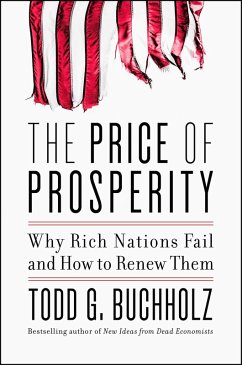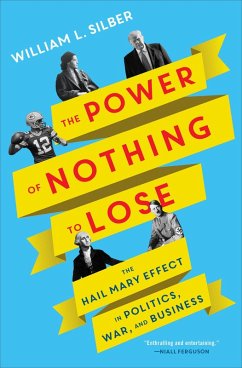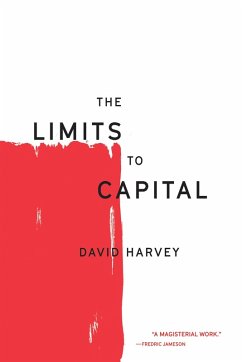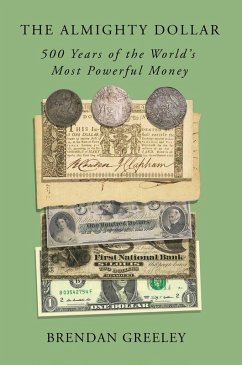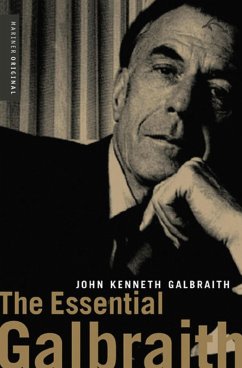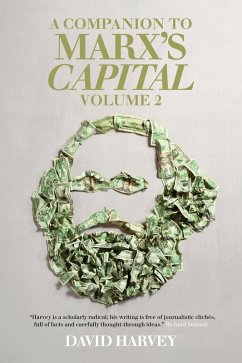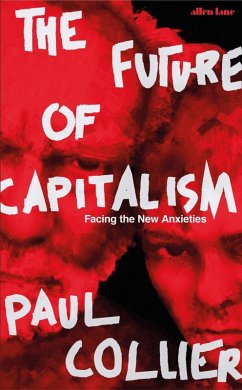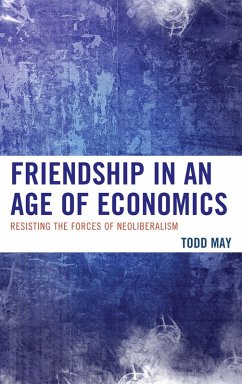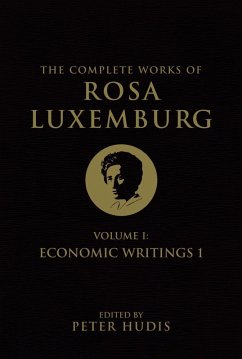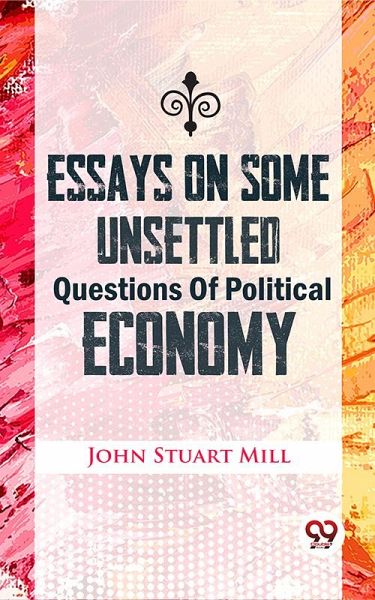
Essays On Some Unsettled Questions Of Political Economy (eBook, ePUB)
Versandkostenfrei!
Sofort per Download lieferbar
0,99 €
inkl. MwSt.
Weitere Ausgaben:

PAYBACK Punkte
0 °P sammeln!
"Essays on Some Unsettled Questions of Political Economy" is a collection of essays written by the famous British philosopher and economist, John Stuart Mill. In the first essay, Mill examines the concept of free trade and argues that it benefits both trading nations. The second essay explores the relationship between demand and supply and the role of consumption in promoting economic growth. The third essay debates the definitions of productive and unproductive labor, arguing that they are not clear-cut categories. The fourth essay delves into the question of why profits are necessary for a c...
"Essays on Some Unsettled Questions of Political Economy" is a collection of essays written by the famous British philosopher and economist, John Stuart Mill. In the first essay, Mill examines the concept of free trade and argues that it benefits both trading nations. The second essay explores the relationship between demand and supply and the role of consumption in promoting economic growth. The third essay debates the definitions of productive and unproductive labor, arguing that they are not clear-cut categories. The fourth essay delves into the question of why profits are necessary for a capitalist system and whether interest rates are determined by supply and demand. Finally, the fifth essay discusses the nature and scope of political economy, arguing that it should be considered a social science rather than a natural science. Overall, "Essays on Some Unsettled Questions of Political Economy" is an insightful book that continues to be studied and debated by economists and scholars today. Mill's ideas on free trade, consumption, labor, profits, and the nature of political economy remain relevant and influential in contemporary economic discourse.
Dieser Download kann aus rechtlichen Gründen nur mit Rechnungsadresse in A, D ausgeliefert werden.




